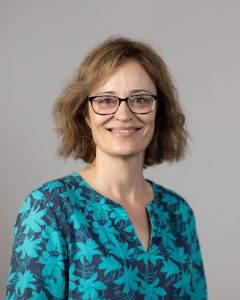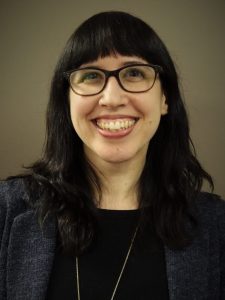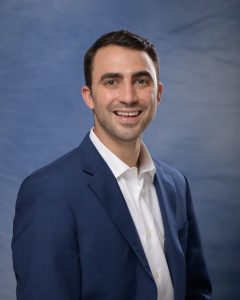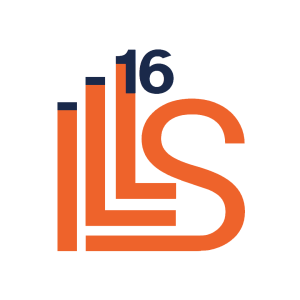1) Michael Tanenhaus (University of Rochester)

Michael K. Tanenhaus is the Emeritus Beverly Petterson Bishop and Charles W. Bishop Professor of Brain and Cognitive Sciences at the University of Rochester. Tanenhaus joined the faculty in the Department of Psychology at Wayne State University in 1977, moving to Rochester in 1983, first in the Psychology Department, and later as a founding member of the Department of Brain and Cognitive Sciences. Administrative positions included chairing the Department of Psychology, the Department of Linguistics, and serving as Director of Language Sciences Center. Tanenhaus was a Chair Professor in the School of Psychology at Nanjing Normal University from 2016 to 2019). Honors include membership in the American Academy of Arts and Sciences, the 2018 Rumelhart Prize in Cognitive Science, and both the University of Rochester Excellence in Graduate Teaching and the Lifetime Achievement in Graduate Education awards.
Tanenhaus’s research has focused on language processing, primarily real-time language comprehension, addressing issues in speech perception, spoken and visual word recognition, sentence processing, anaphora and reference resolution, interactive conversation, prosody, and pragmatics. His research was supported by the NSF and NIH from 1980 to 2017. Much of Tanenhaus’s work on spoken language used the task-based Visual World Paradigm, which his lab introduced in 1995. His research has been largely collaborative, both with colleagues in BCS and Linguistics, and with a remarkable group of graduate students and post-docs, many of whom are having highly impactful research careers.
View CV here
2) Rajka Smiljanic (University of Texas at Austin)

Rajka Smiljanic is a Professor in the Department of Linguistics at the University of Texas-Austin. Before coming to UT, she was a postdoctoral researcher at Northwestern University’s Linguistics Department. She earned her doctorate from the Linguistics Department at the University of Illinois Urbana-Champaign. Her work is concentrated in the areas of experimental psycholinguistics, speech production and perception, and intelligibility variation. She has published in the Journal of the Acoustical Society of America, Journal of Speech, Language, and Hearing Research, Journal of Phonetics, and Frontiers in Psychology. She was elected Fellow of the Acoustical Society of America in 2018. From 2019 to 2022, she served as a Chair of the Speech Communication Technical Committee, Acoustical Society of America. She received a Raymond Dickson Centennial Endowed Teaching Fellowship award for the 2023-2024 academic year.
View CV here
3) Ruth Kramer (Georgetown University)

Ruth Kramer is Associate Professor of Linguistics at Georgetown University. Her research focuses on the morphology and syntax of gender, number, agreement and concord, and object marking. She works mostly on Afroasiatic languages, with a special focus on the Ethiosemitic language Amharic. She published a monograph The Morphosyntax of Gender with Oxford University Press, and her work has been published in such journals as Linguistic Inquiry, Natural Language and Linguistic Theory, and Brill’s Journal of Afroasiatic Languages and Linguistics.
View CV here
4) Salvatore Callesano (University of Illinois at Urbana-Champaign)

Salvatore Callesano is an Assistant Professor of Hispanic Linguistics at the University of Illinois, Urbana-Champaign in the Department of Spanish and Portuguese. He holds courtesy affiliations in the Departments of Linguistics and Latina/Latino Studies, as well as with the Center for Latin American and Caribbean Studies, the Lemann Center for Brazilian Studies, and the Second Language Acquisition and Teacher Education program. His research specializes in the sociolinguistics of U.S. Latinx communities and his work addresses language variation, perceptual dialectology, and linguistic discrimination, both in community-centered contexts and on social media. Dr. Callesano’s research has been published in journals such as Language and Communication, International Journal of Bilingualism, Latino Studies, and Languages.
View CV here


